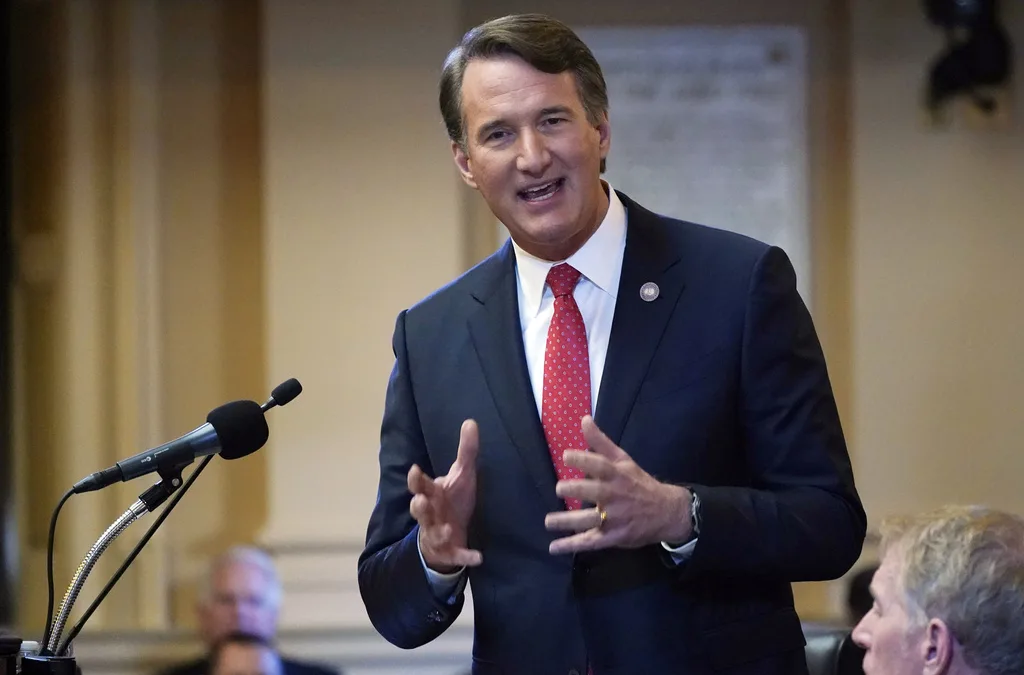Between 2006 and 2012, pharmaceutical companies flooded the Commonwealth with more than 1.6 billion prescription pain pills, according to a recent analysis by the Washington Post.
Nearly 1.5 million of those pills went to Bennett Creek Pharmacy in Suffolk, a business owned by Del. Chris Jones (R-Suffolk), according to both the pharmacy’s website and Jones’ own Statement of Economic Interest.
Bennett Creek was the third largest buyer of opioids in the city during that time, purchasing 1,469,200 pain pills, more than the local Walmart. Jones’ ties to Bennett Creek were first shared with The Dogwood by American Bridge, a left-wing Super PAC.
In total, Suffolk, a city of roughly 91,000, saw more than 13.5 million pain pills flood its streets from 2006 to 2012.
While Suffolk hasn’t been hit by the opioid crisis has hard as small, rural towns like Norton and Martinsville, the city still experienced 59 opioid-related deaths from 2007-2017, according to a Daily Press analysis of data from the Virginia Department of Health.
Virginia tried to take action in 2017, when the state Board of Medicine adopted new regulations relating to opioid prescriptions.
Former Gov. Terry McAuliffe signed the regulations, which limited providers from prescribing more than a seven-day supply for patients experiencing acute pain, defined as pain that lasts less than three months, or a 14-day supply for patients experiencing post-surgical pain. The board did not adopt any limits on prescriptions for patients experiencing chronic pain, which lasts longer than three months.
The regulations seem to have had little effect. Deaths from prescription opioids in Virginia remained steady from 2016 to 2017, according to the Centers for Disease Control and Prevention.
Perhaps more concerning is that overall opioid use in Virginia is on the rise. The Virginia Prescription Monitoring Program, the state’s database on dispensed controlled substances, recorded 528,932 Virginia residents receiving an opioid prescription in the second quarter of 2019. That equates to 18,760,195 opioid prescription days for Commonwealth residents during the second quarter of 2019, an 8% increase over the first quarter of 2018.
As usage has increased, Virginia, like most states in the nation, has struggled to combat the epidemic that kills an average of 130 Americans every day, according to the National Institute on Drug Abuse.
Increasingly, federal, state and local governments are taking action, though. This week, the U.S. Department of Health & Human Services announced Virginia would receive $20.4 million in federal funding to help combat the opioid crisis in the state.
But Virginia’s General Assembly, which is controlled by Jones and his fellow Republicans, has done little else to address the growing issue.
Jones, who also came under fire for misleading claims about his role in Virginia’s Medicaid expansion, faces a tough re-election fight after the U.S. Supreme Court upheld a lower court ruling striking down Virginia’s racially gerrymandered district maps.
Under the state’s new map, Jones’ district shifted towards Democrats by more than 27 points, and his opponent, Clint Jenkins, hopes to capitalize on that shift to flip the 76th district blue.
Whether Jones’ ties to Bennett Creek and their quantity of pain pill purchases comes into play in this year’s election remains to be seen, but as the opioid epidemic continues to ravage Virginia and the nation, lawmakers with conflicts of interest are likely to come under increasing scrutiny.
Politics

Opinion: The problem with Youngkin’s Charter-Lab schools push in 2024
The Problem Governor Glenn Youngkin introduced 233 amendments to the bipartisan budget so it was hard to know how to assess his budget–for example,...

What to know about Trump’s legal issues
Over the past year, former president Donald Trump has become the center of not one, not two, not three, but four criminal investigations, at both...
Local News

Virginia verses: Celebrating 5 poetic icons for National Poetry Month
There’s no shortage of great writers when it comes to our commonwealth. From the haunting verses of Edgar Allan Poe, who found solace in Richmond's...

Join the fun: Recapping Family Literacy Night’s storybook adventures
When’s the last time you read a book aloud with a loved one? If it’s difficult to answer that question, then maybe it’s time to dust off that TBR...




